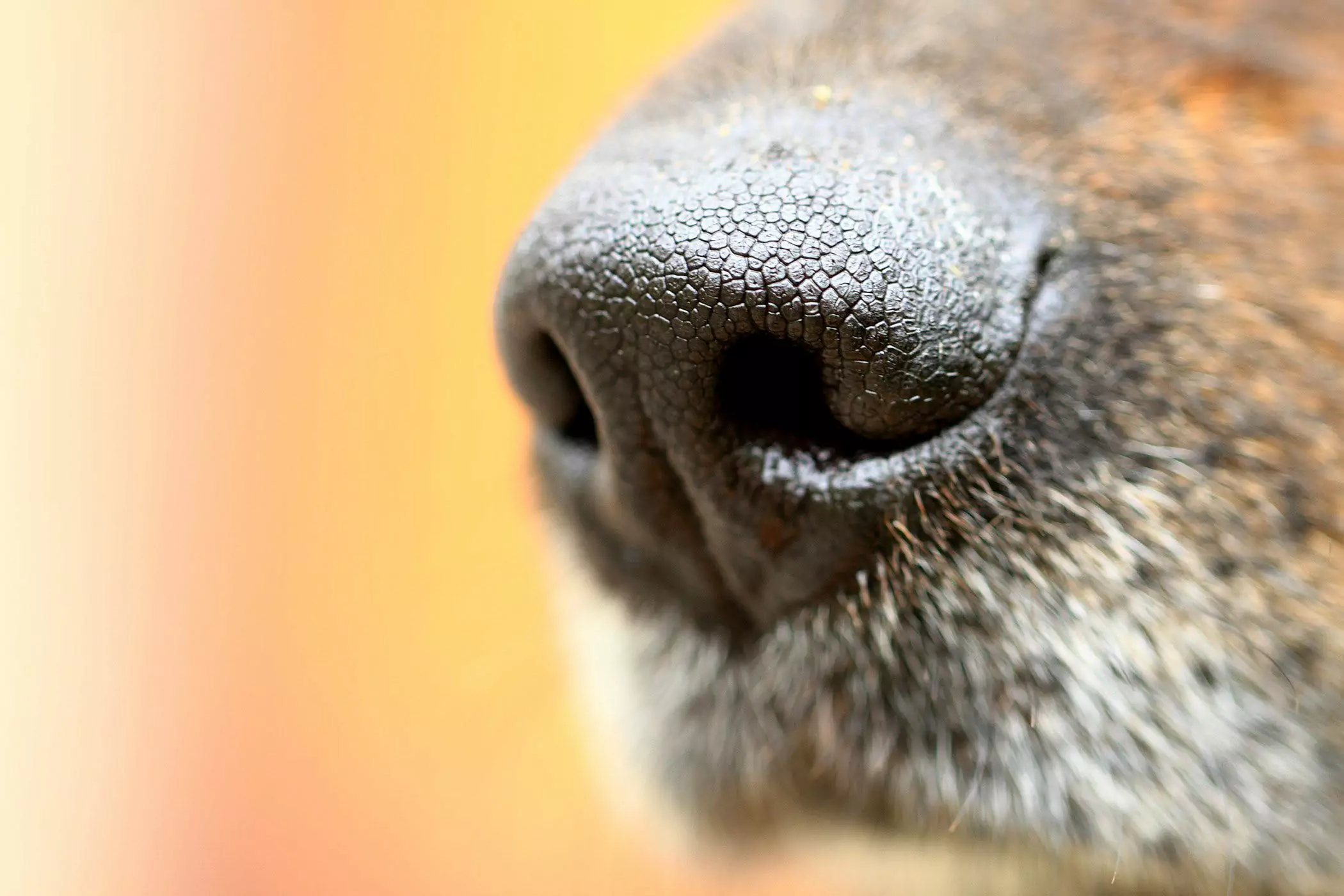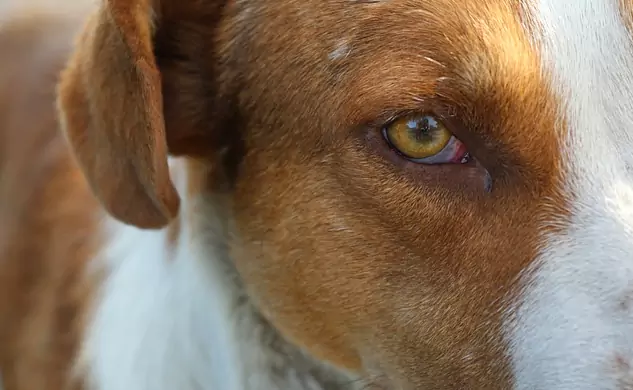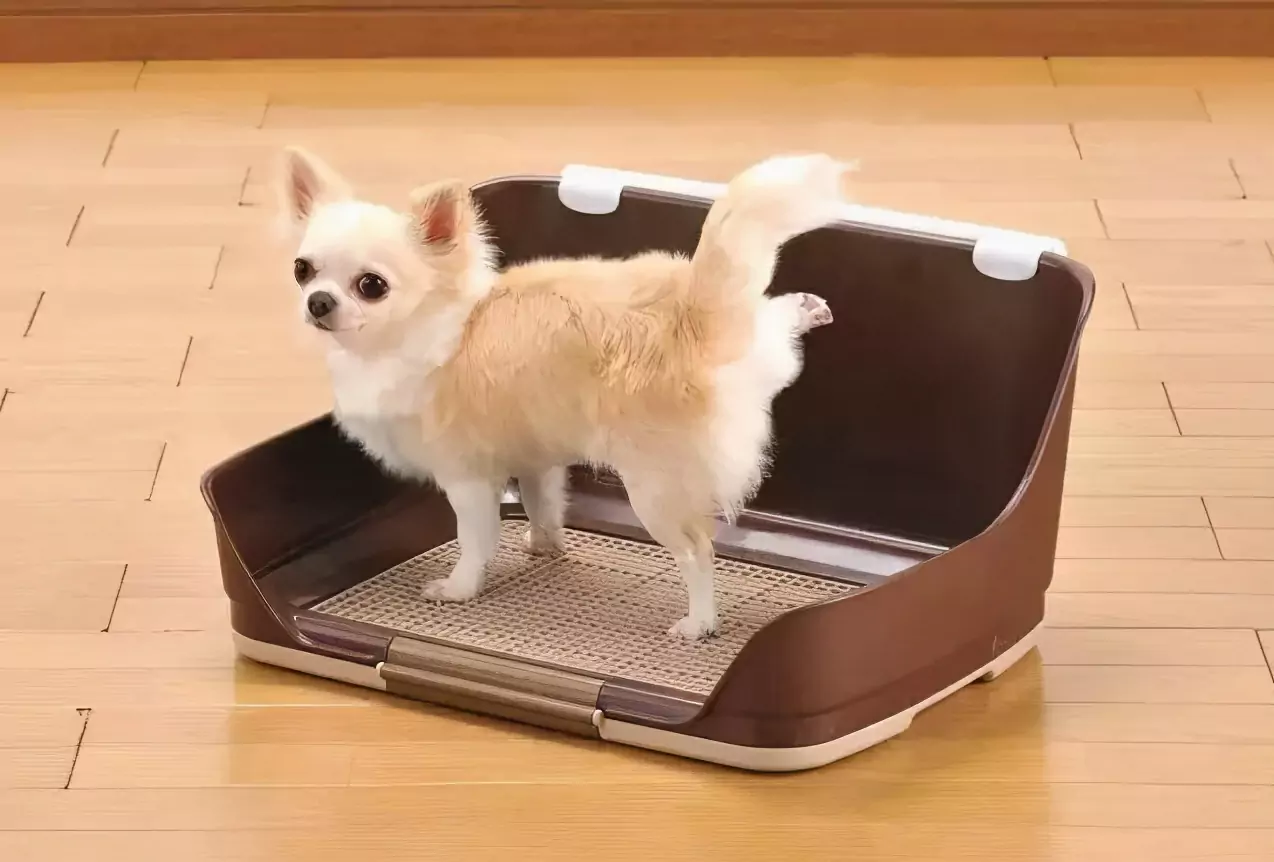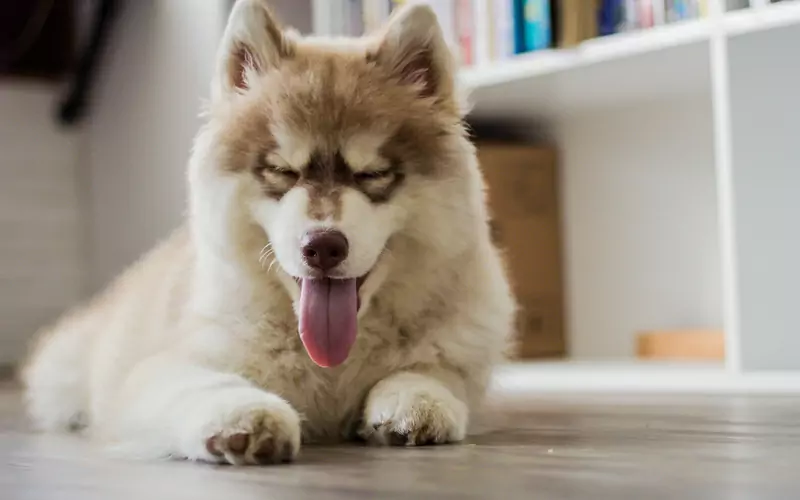Are dogs lactose intolerant?
2022-08-04
I. Dogs can be lactose intolerant or allergic
Someone rescued a baby dairy dog outside, brought it home, and fed it milk and other things, and it ended up with crazy diarrhea the next day. This is real! And it can happen every day! Some people know less about dogs, and what they know may be limited to cartoons, where dogs and cats compete for milk, so they subconsciously feed milk to a small dairy dog after seeing it.
Not all dogs are suitable for milk, but giving it milk may be taking a risk. Some dogs are lactose intolerant and some dogs are allergic to milk! Both of these conditions can cause irreparable harm to your dog.
Lactose Intolerance in Dogs
Lactose intolerance in dogs is the same as in people. Milk contains lactose, and if your dog's body does not have enough enzymes to break it down, the lactose will enter the intestines without being digested. The water will then be absorbed by the sugar in the intestines, causing the dog to have diarrhea. Some dogs drink breast milk as children without problems, but after weaning or adulthood, the body's lactase activity decreases, drinking milk is prone to lactose intolerance. If your dog is lactose intolerant, physical abnormalities will occur within 12 hours immediately after drinking.
1, diarrhea
Diarrhea is the most common symptom of lactose intolerance. Normal dog excrement can be clumped, but lactose intolerant dog excrement and watery, and will be frequent diarrhea.
2, loss of appetite
Because of gastrointestinal discomfort, the dog does not even have the desire to eat. Do not think that the dog is a picky eater, so give the dog to eat meat or other more fragrant food, so eating the dog will be more serious diarrhea.
3, flatulence, farting
Lactose can also be fermented by microorganisms in the intestines, and produce gas and cause flatulence. Although the owner may not be able to see whether the dog is flatulent, the dog will be flatulent after frequent farting. Dogs that are lactose intolerant will fart more frequently for some time.
Some puppies that have just been weaned are not yet fully developed and drinking too much milk may lead to the risk of dehydration. So when you see a poor puppy, you'd rather give them water than milk!
Dogs with milk allergies
Dogs lactose intolerance and allergies to milk, there is a difference between heaven and earth. Dogs are allergic to milk because they recognize certain proteins in milk as harmful, and the body's immune system immediately reacts to get rid of or destroy the protein, so it leads to a series of reactions. Lactose intolerance usually only causes dogs to have diarrhea and gastrointestinal distress, but the symptoms of milk allergy are even more frightening: diarrhea, vomiting, red and itchy skin that keeps scratching, swelling of the face, and even breathing difficulties in some dogs.
Lactose intolerance or allergy in dogs can lead to symptoms of diarrhea, but the difference is that dogs with allergies are more severe and often lead to skin diseases. If you find that your dog has diarrhea, it is best to stop feeding the milk immediately and investigate if it is caused by the milk. And the best way to avoid lactose intolerance or allergies in dogs is to not give them milk. For dogs with milk allergies, drinking water is healthier than drinking milk.
Does your dog like milk?

II. Can your dog drink milk? He may be lactose intolerant
Most mammals get their nutrition from their mother's milk when they are first born, and dogs are naturally no exception. This has led many owners to the misconception that all dogs like milk. But the fact is, milk is indeed a nutritious food, it is rich in protein and calcium, to strengthen the bones, we must have drunk a lot when we were young. But for dogs, drinking milk is not necessarily beneficial.
1, why is not recommended for dogs to drink milk?
First of all, milk is not toxic to dogs, and for some dogs, a small amount of milk can indeed help them replenish protein and a range of minerals. The problem, however, is that many dogs can be lactose intolerant. Puppies can digest their mother's milk because they contain lactase, an enzyme that is essential for digesting the lactose in milk or breast milk.
However, as dogs grow older, the lactase enzyme in their bodies decreases, making them unable to digest the large amounts of lactose in milk, which is why they are lactose intolerant. In addition, milk is also rich in fat and natural sugars, and a high-fat diet often leads to excessive obesity in dogs and even pancreatitis, which causes recurrent vomiting, abdominal pain, dehydration, and other symptoms.
2, the symptoms of lactose intolerance in dogs
When a dog is lactose intolerant, the following symptoms may occur.
Scanty stools.
Abdominal pain.
Bloating of the stomach.
Repeated vomiting.
Diarrhea.
Due to the lack of lactase in the dog's intestine, lactose then goes directly to the end of the intestine and is fermented by microorganisms to produce gas, which leads to flatulence and even osmotic diarrhea. If the puppy has diarrhea, the owner needs to take it to the pet hospital in time, otherwise, it will be life-threatening.
3, the owner can use yogurt to replace milk
Yogurt is much safer for dogs than milk. The ingredients of yogurt come from milk, but they are destroyed in the fermentation process, inside the lactose, so dogs drinking yogurt will not appear lactose intolerance symptoms. Not only that, but yogurt contains lactic acid bacteria, which are beneficial bacteria that can improve gastrointestinal function. Moreover, when dogs do not eat for a long time, stomach acid may slowly accumulate, and yogurt can neutralize some of the stomach acids and protect the stomach lining from erosion.
Also, yogurt contains potassium, a diuretic element that helps dogs to urinate properly and prevent stones. However, yogurt is not suitable for dogs with kidney disease or hyperkalemia. In addition, some yogurts on the market may have various ingredients added to them, some of which may be harmful to dogs, such as xylitol, chocolate, matcha, and so on. Therefore, it is best to buy plain, unadulterated yogurt for your dog and not to feed him too much at once.
Overall, it's not that dogs can't drink milk, it's just not recommended. Owners can consult their vet first, or give their dog only a small amount of milk, but if the dog shows signs of lactose intolerance, then they need to take it to the hospital immediately for a checkup. Of course, as good as yogurt is, it's also best not to let your dog eat it too often, and it's good to let him take charge of licking the lid of it!
III. Reactions of lactose intolerance in dogs
1. Diarrhea
Diarrhea is the most common symptom of lactose intolerance. The normal dog's excrement, can clump together, but the lactose intolerant dog's excrement is the same as watery, and you will find that the number of times the dog defecates increases, then this is likely to be diarrhea caused by lactose intolerance.
2, vomiting
Dogs can vomit for a variety of reasons, and the degree of vomiting can vary from cause to cause. Lactose intolerance can cause your dog to vomit frequently within a short period. If your dog suddenly drools or keeps licking his nose, it means they are very nauseous and about to vomit.
3, loss of appetite
The dog's diet is generally very regular, as long as they do not eat too many snacks or picky eaters, usually, they will eat all the things in the food bowl. However, if the dog is lactose intolerant, it's a different story. They may suffer from gastrointestinal discomfort and nausea, resulting in no appetite and no food.
4, flatulence
The dog's intestines can be fully stretched to accommodate the gas changes produced by bacteria and intestinal sugar fermentation. But when there is too much gas in the intestine, they will also feel discomfort because of flatulence.
5. Farting
Flatulence may sometimes be unnoticeable, but flatulence causes dogs to fart, which is easier for owners to notice. The frequency of farting will increase for a period when lactose intolerant dogs ingest dairy products, and owners should not just find it funny to ignore the discomfort of their dogs.
Was this article helpful to you?
Other links in this article
English:
Are dogs lactose intolerant?
Deutsch:
Sind Hunde laktoseintolerant?
Italiano:
I cani sono intolleranti al lattosio?
Nederlands:
Zijn honden lactose-intolerant?
Polskie:
Czy psy nie tolerują laktozy?
Português:
Os cães são alérgicos à lactose?
português (Brasil):
Os cães são alérgicos à lactose?
日本語:
犬は乳糖不耐症なのか?
中文简体:
狗对乳糖不耐受吗
中文繁体:
狗對乳糖不耐受嗎
Comments
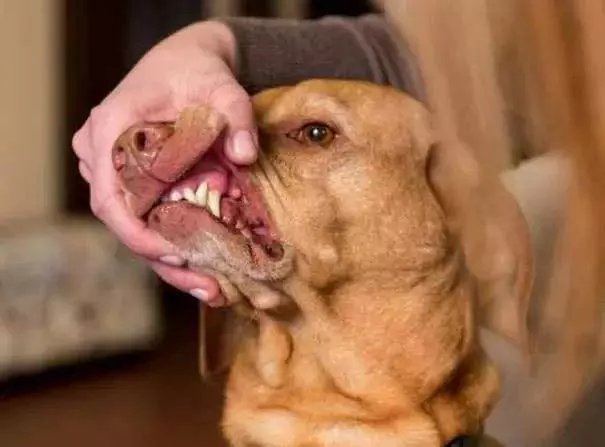
Is a dog's mouth cleaner than a human's? Dogs' mouths need regular cleaning
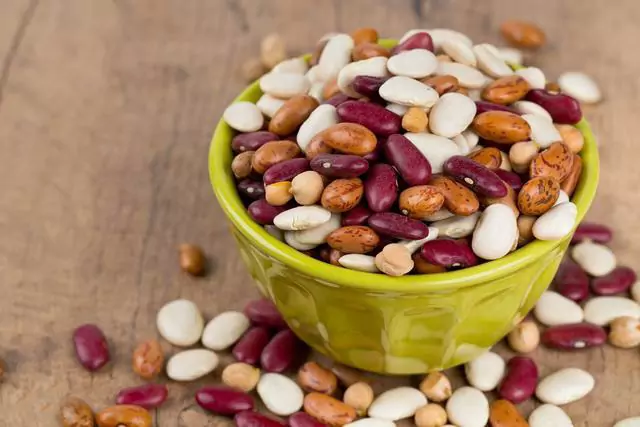
Can dogs eat beans? Do dogs eat beans for health?

Can dogs eat lemons? Fruits that dogs should not eat more of

Do dogs have nightmares? Are dogs' dreams similar to humans'?
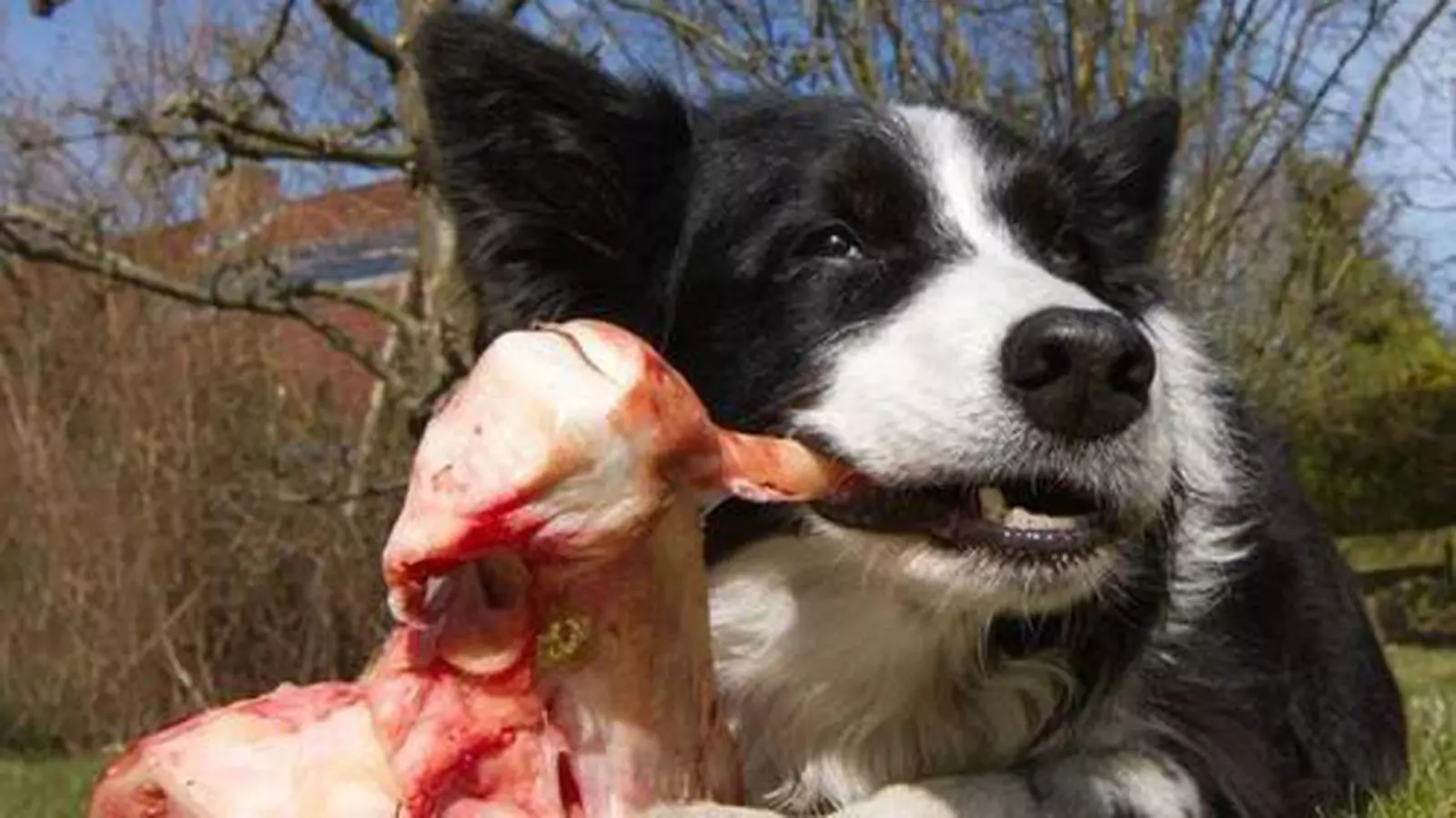
Can dogs eat raw beef? The benefits and drawbacks of beef for dogs
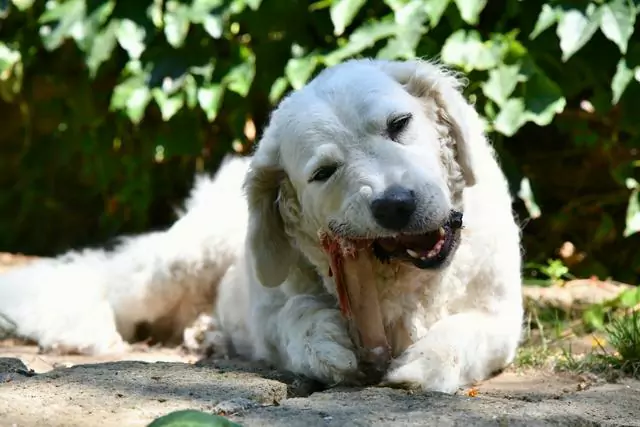
Is raw meat good for dogs? Can dogs eat raw chicken?
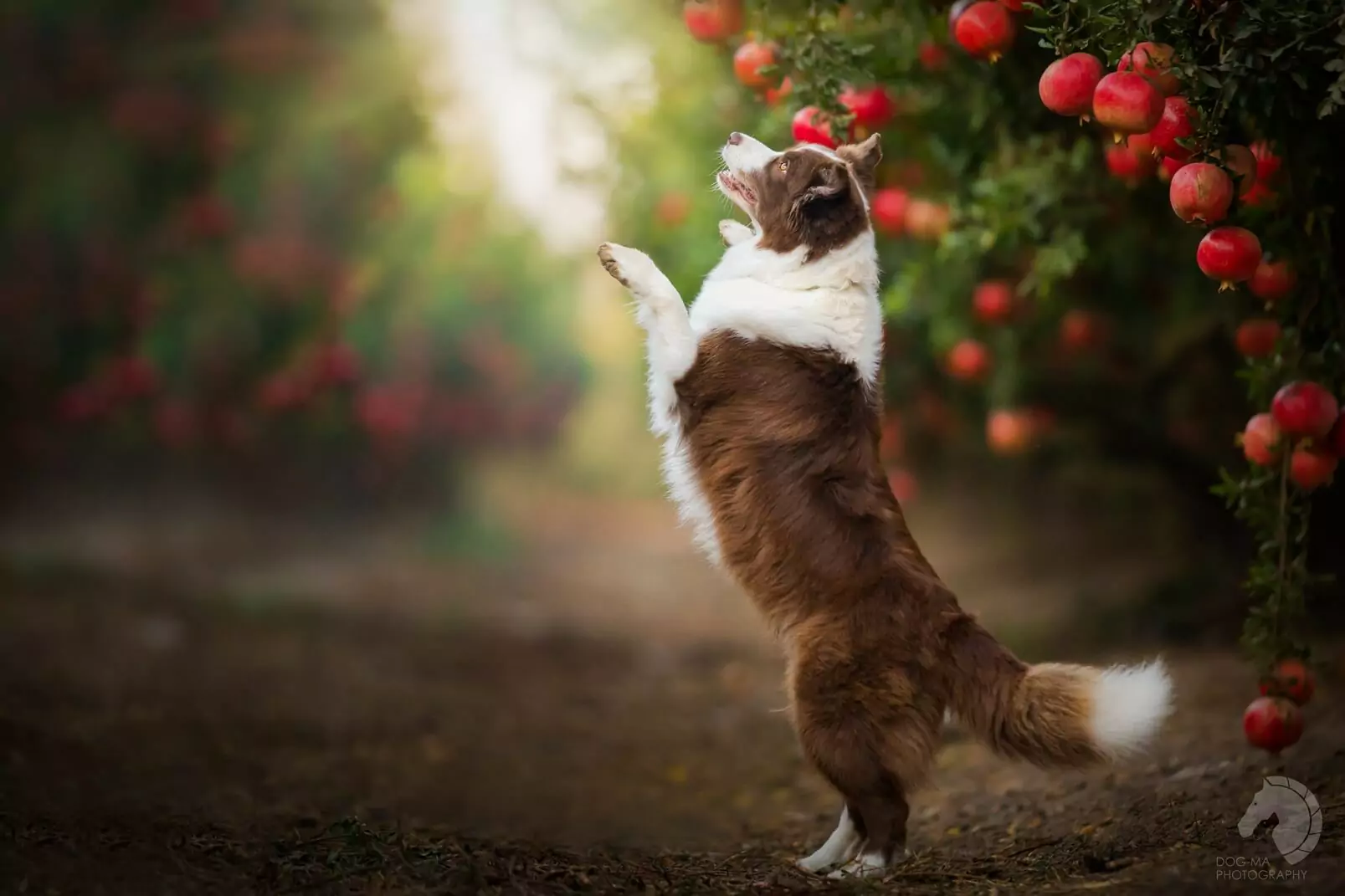
Can dogs eat pomegranates?

Can dogs eat ham?Can all types of ham hocks be eaten?

How to give a dog a bath

Can dogs eat kimchi?





